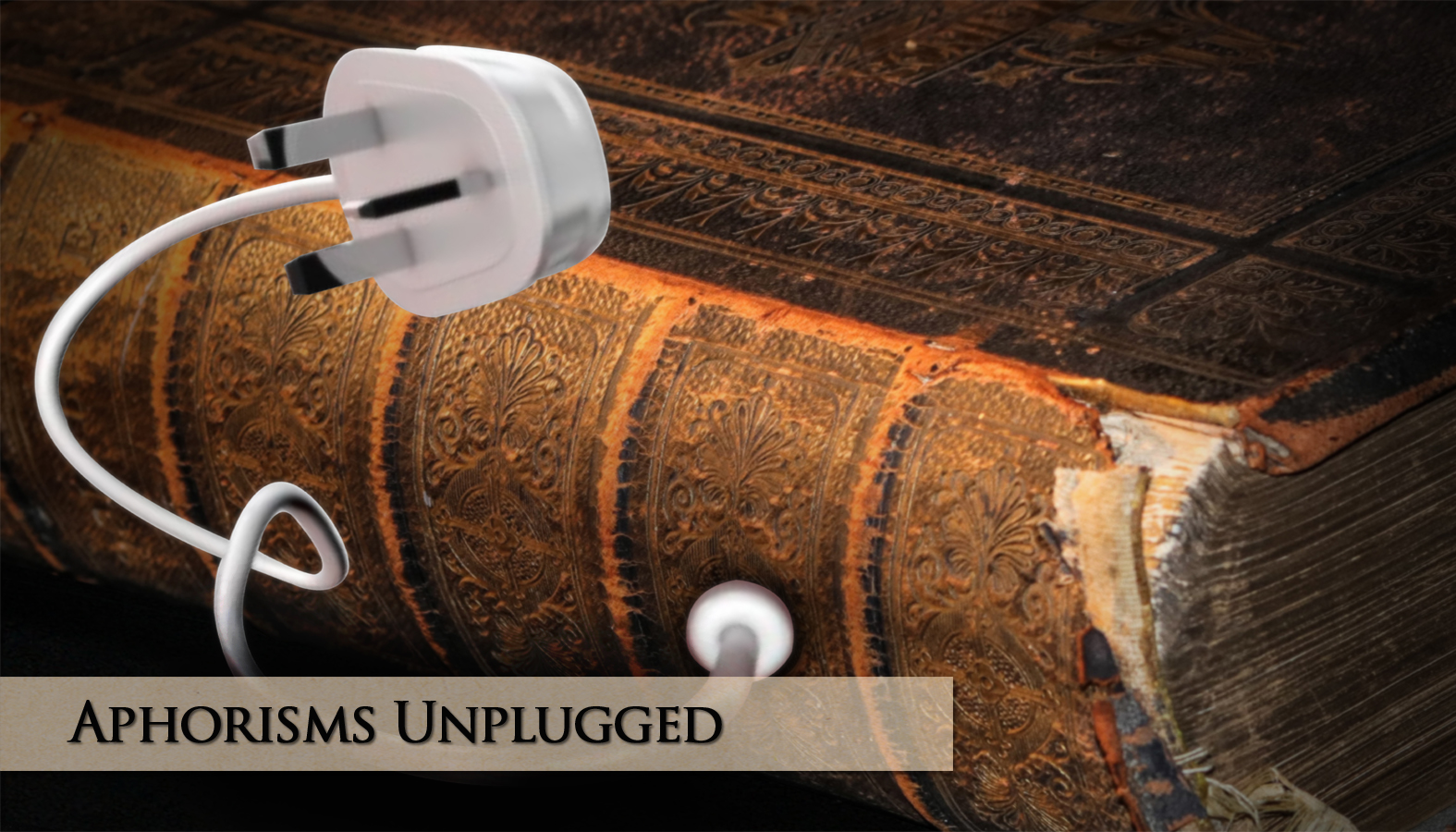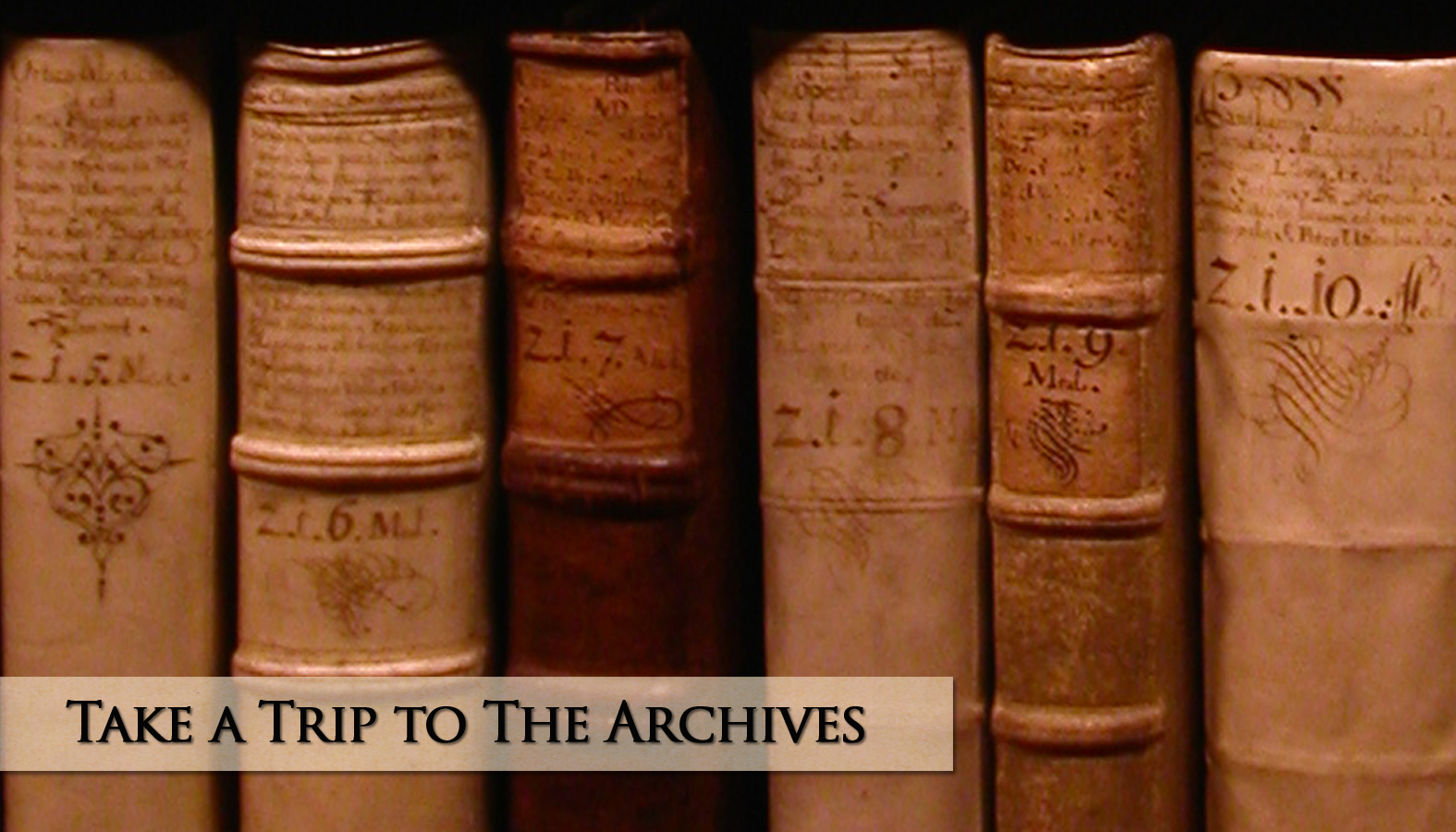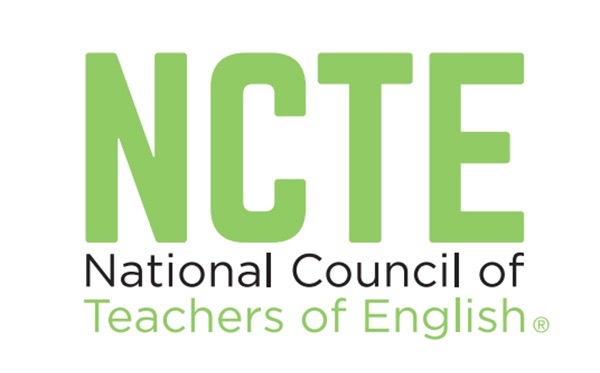A Dual Celebration: Speech & Debate Education and Women’s History Month

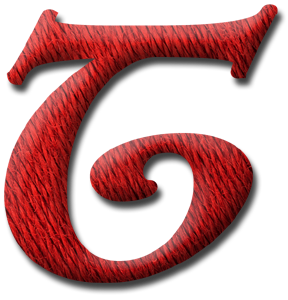 T
T
oday is National Speech and Debate Education Day. It’s also the first day of Women’s History Month – when, as this year’s Presidential Proclamation states, we celebrate “the vision and achievements of women.”[1]
So, we decided to consolidate these two important ideas, and observe the day with groundbreaking speeches delivered by history-making women. We’re sharing the words Sojourner Truth delivered at the Woman’s Rights Convention in Akron, Ohio on May 29, 1851. As well as the address Eleanor Roosevelt presented at the District of Columbia Library Association Dinner on April 1,1936.
Sojourner Truth is one of the most important social justice activists in American history. Her words are doubly significant because, these days, both Black history and gender studies are frequent targets of book banning. Eleanor Roosevelt is also a significant figure in human rights advocacy. And her oration speaks to the important role libraries play in maintaining democracy, the content of which still rings true.
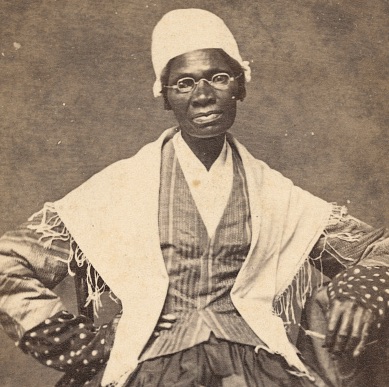
Sojourner Truth, Ain’t I a Woman?
Sojourner Truth was one of the very few women who participated in both the abolition of slavery and early women’s rights movements. Born in 1797 as Isabella Baumfree in Ulster County, New York, Truth was enslaved until 1827 when she was freed by the New York Gradual Abolition Act.
Truth made history by winning a victory against a white man to secure the return of her five-year-old-son Peter, who had been illegally sold into slavery in Alabama.[2] The judge ruled in her favor. And, declared the “boy be delivered into the hands of his mother – having no other master, no other controller, no other conductor, but his mother.”[3]
By the 1830s, she became an itinerant preacher, and took the name Sojourner Truth. “Sojourner because I was to travel up and down the land showing people their sins and being a sign to them, and Truth because I was to declare the truth unto the people.”[4]
In 1851, Truth set out on a lecture tour that included the Women’s Rights Conference in Akron, Ohio. This is where she delivered the address that came to be known as Ain’t I a Woman? It is this speech we’re sharing for the combined celebration of National Speech and Debate Education Day and the first day of Women’s History Month.
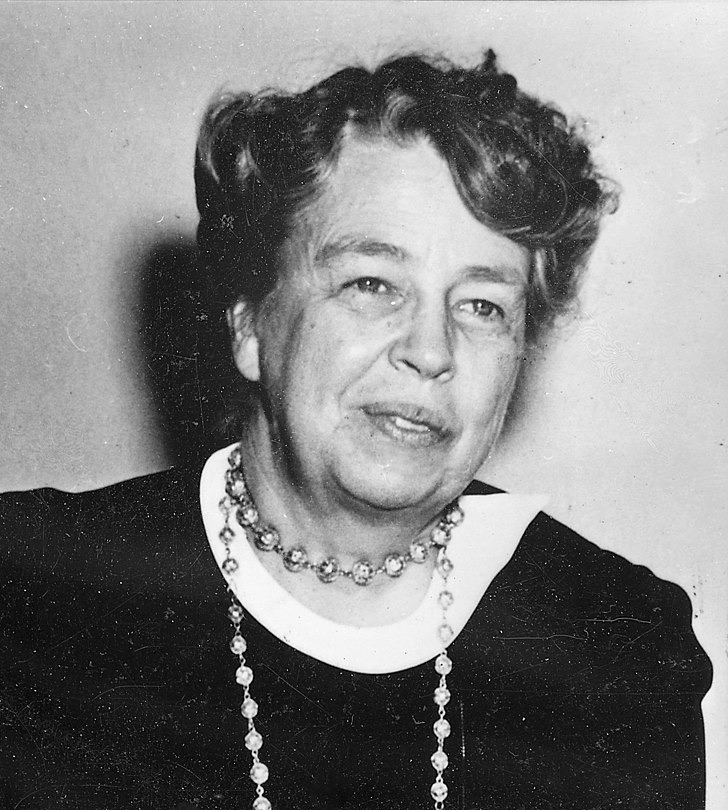
Eleanor Roosevelt, What Libraries Mean to the Nation.
As noted in an earlier post, Eleanor Roosevelt was a fierce advocate for human rights, civil rights, and democracy. Among her many efforts, she championed a library program implemented by the Works Progress Administration (WPA). Known as The Pack Horse Library, the initiative was designed to get books into regions where education and economic opportunity were most scarce, specifically the remote regions of Appalachia.
According to historian Donald C. Boyd, many Appalachians saw “literacy as a means of escape from a vicious economic trap.”[5] But, in 1930, nearly 31 percent of people in easter Kentucky were unable to read. Mountain schools didn’t have libraries. And, being so far from public libraries, most students had never been able to check out a single book.
Though there had been previous attempts to get books into this remote area, it wasn’t until the WPA program was established that these efforts were successful.
With the help of locals, “libraries” were housed in any facility made available, from churches to post offices. Librarians manned these locations, distributing books to carriers who took their job as seriously as those delivering the mail.
Using their own horses or mules, carriers set out at least twice a month, each covering anywhere from 100 to 120 miles a week. These carriers have been described as the Great Depression’s bookmobiles.
The books and magazine they delivered typically came from outside donations, beginning with those from people in more affluent and accessible regions of the area. Once word of the campaign spread, books began arriving from half of the states in the country.
In 1936, packhorse librarians served 50,000 families. By 1937, they had delivered books to 155 public schools.[6] And Eleanor Roosevelt acknowledges their work in her address What Libraries Mean to the Nation at the 1936 District of Columbia Library Association Dinner.
Download Eleanor Roosevelt’s What Libraries Mean to the Nation here.
And be sure to see what the president’s
2024 Proclamation on Women’s History Month
has to say on the subject.

Share This Post, Choose a Platform!
Endnotes:
[1] “A Proclamation on Women’s History Month, 2024.” February 29, 2024. The White House.
https://www.whitehouse.gov/briefing-room/presidential-actions/2024/02/29/a-proclamation-on-womens-history-month-2024/
[2] “Sojourner Truth.” Edited by Debra Michals, Phd. National Women’s History Museum. https://www.womenshistory.org/education-resources/biographies/sojourner-truth
“Sojourner Truth, cart de visite, 1864. Gladstone Collection. Library of Congress. https://www.loc.gov/exhibits/odyssey/educate/truth.html
“Sojourner Truth.” National Park Service. https://www.nps.gov/people/sojourner-truth.htm
[3] Herndon, Lisa. “Court Records From Sojourner Truth’s 1828 Legal Battle to Free Her Son From Enslavement Part of 1-Day Display at Schomburg Center.” September 29, 2022. New York Public Library. September 29, 2022. https://www.nypl.org/blog/2022/09/29/court-records-sojourner-truth-legal-battle
[4] “Sojourner Truth, cart de visite, 1864. Gladstone Collection. Library of Congress. https://www.loc.gov/exhibits/odyssey/educate/truth.html
[5] McGraw, Eliza. “Horse-Riding Librarians Were the Great Depression’s Bookmobiles.” June 21, 2017. Smithsonian Magazine. https://www.smithsonianmag.com/history/horse-riding-librarians-were-great-depression-bookmobiles-180963786/
[6] McGraw, Eliza. “Horse-Riding Librarians Were the Great Depression’s Bookmobiles.” June 21, 2017. Smithsonian Magazine. https://www.smithsonianmag.com/history/horse-riding-librarians-were-great-depression-bookmobiles-180963786/
Images:
Women’s History Month: Photo by Joel Muniz on unsplash.com
Sojourner Truth seated with photograph of her grandson, James Caldwell of Co. H, 54th Massachusetts Infantry Regiment, on her lap. United States, 1863. [Battle Creek, Michigan: Publisher not identified] Photograph. https://www.loc.gov/item/2017648645/. It has been cropped.
Eleanor Roosevelt: U.S. National Archives and Records Administration via Wikipedia. Public Domain.






